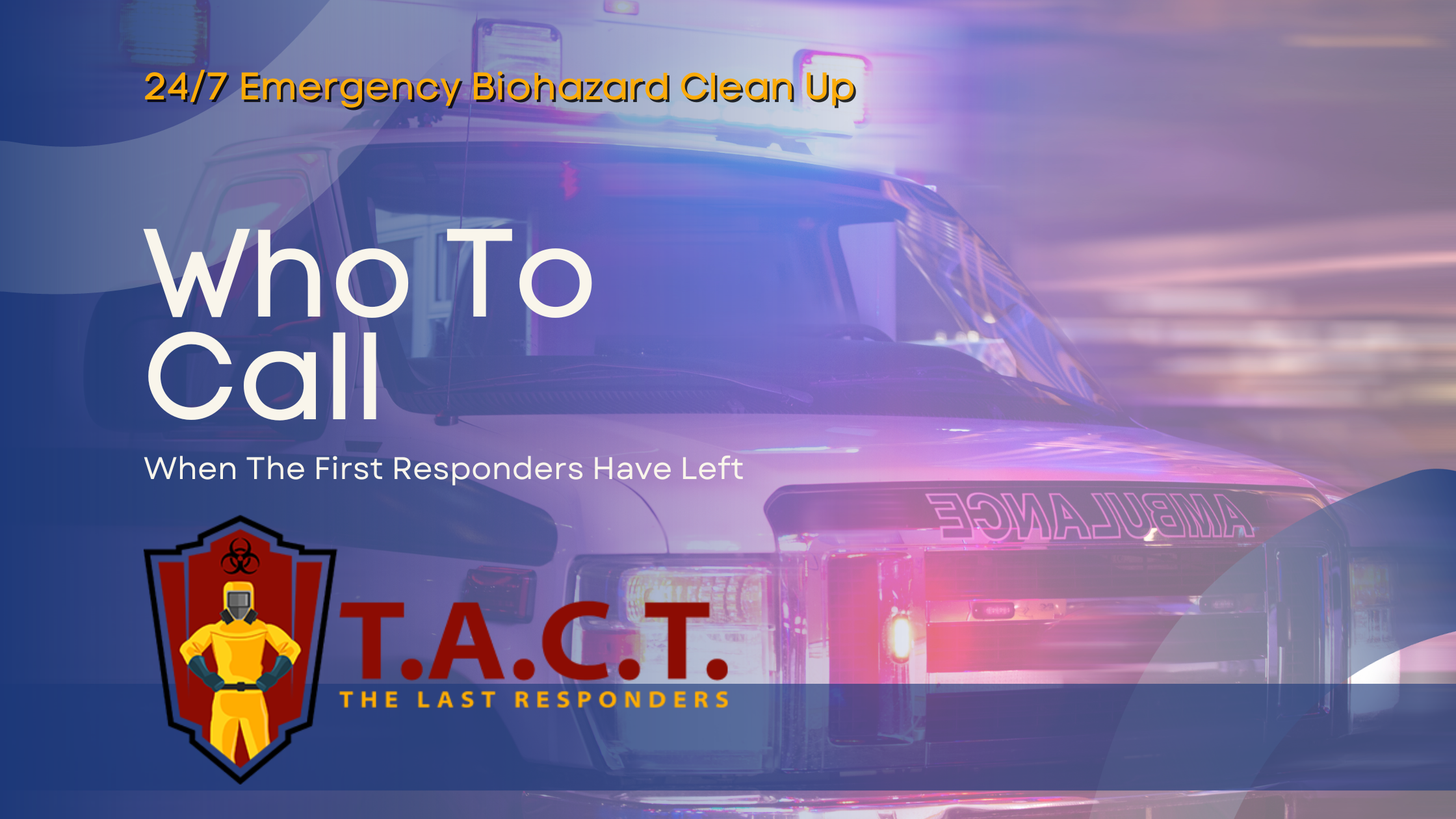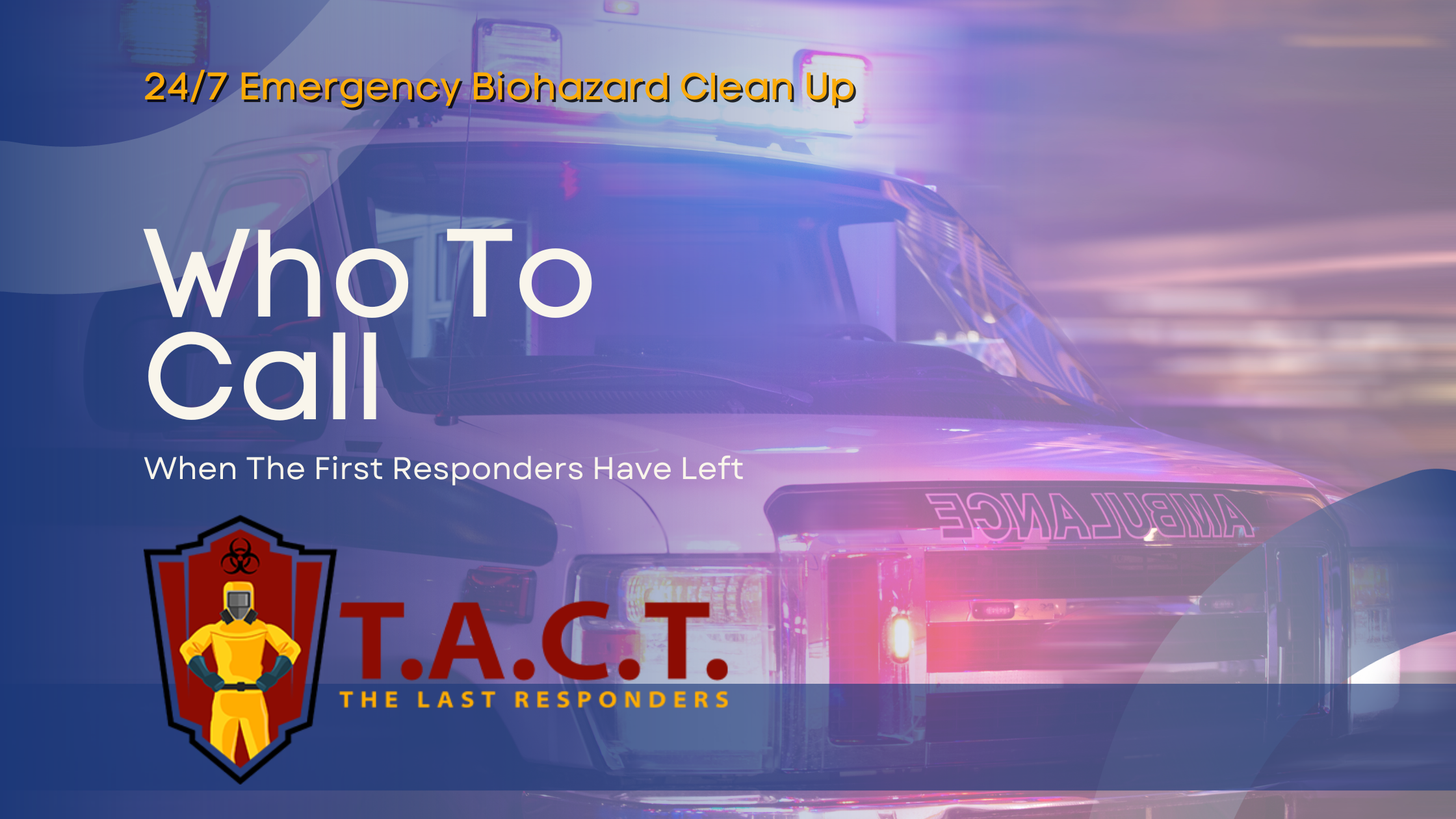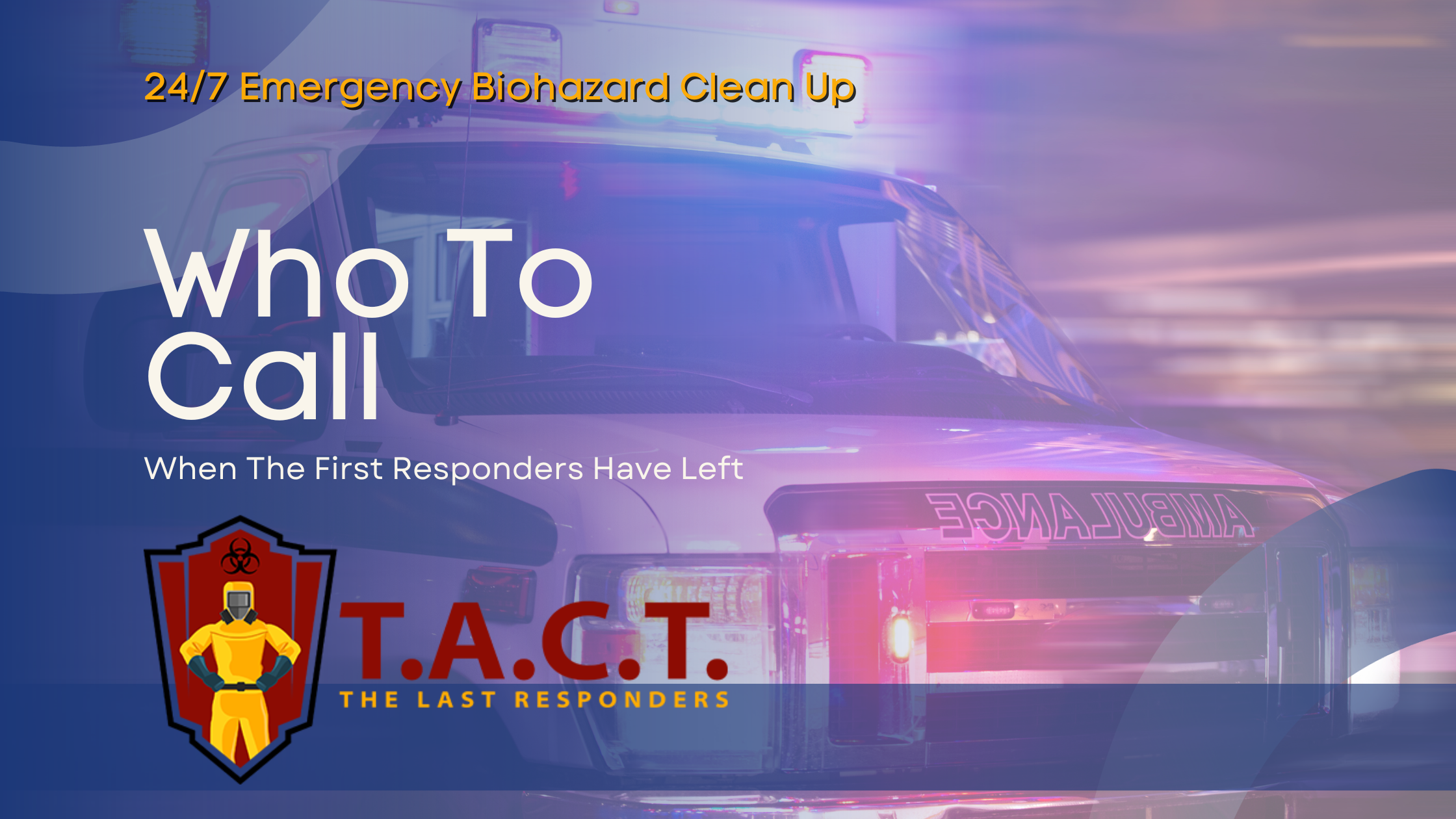How to Start a Career in Crime Scene Cleaning
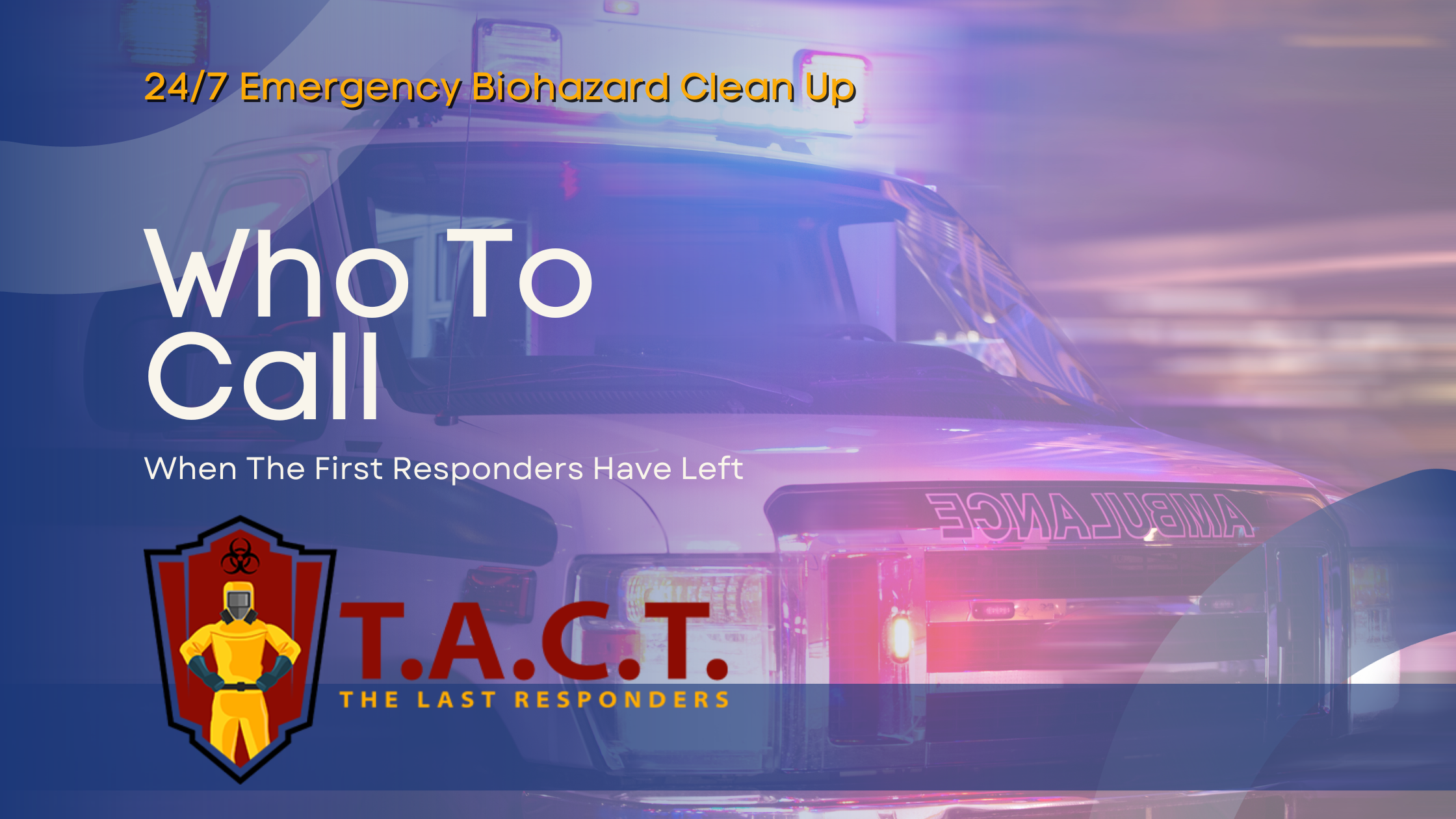
This is a new Text block. Change the text.
How To Get Into Crime Scene Cleaning: Starting Your Career
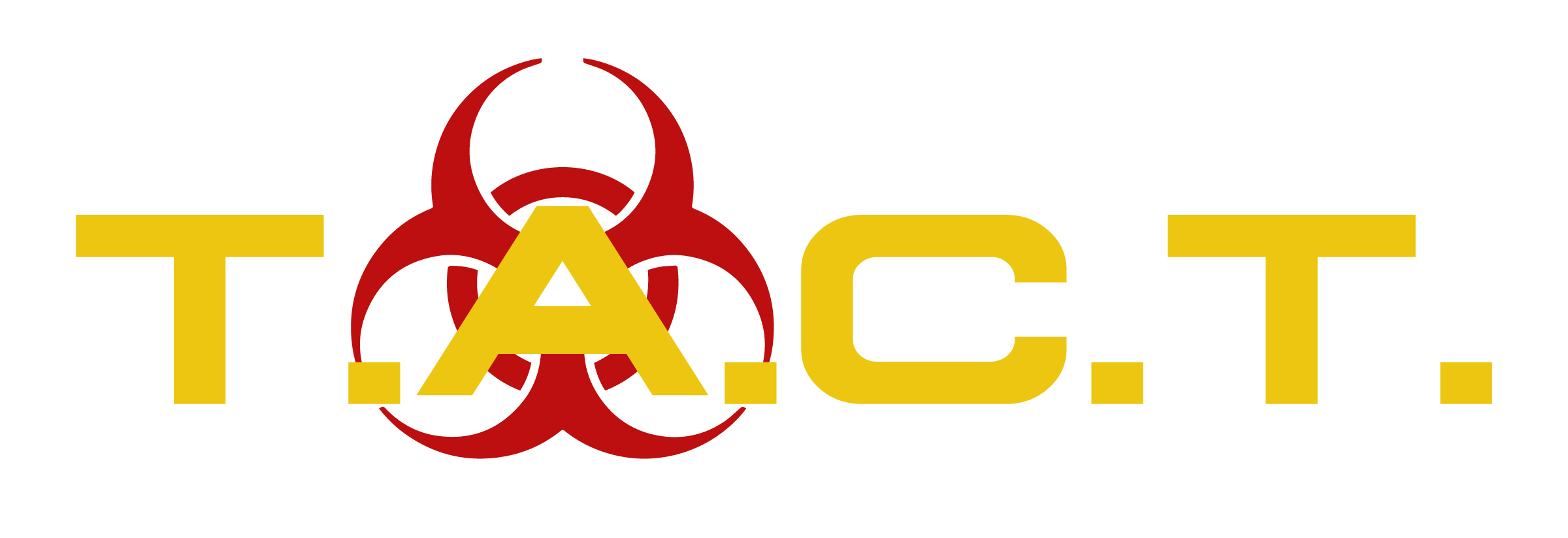
05-Jan-2025
Discover the Best Forensic Clean Up Jobs and How to Start Your Career
This guide is for individuals interested in starting a career in crime scene cleaning, whether you’re just beginning your job search or looking to transition into a new field. If you're wondering how to get into crime scene cleaning, this guide will walk you through the essential steps—covering job requirements, training, and how to find your first position. This topic matters because crime scene cleaning is a vital service that helps communities recover from traumatic events, restoring safety and peace of mind to affected families and businesses.
Crime scene cleaners play a crucial role in helping businesses, homes, and public facilities recover after traumatic events by restoring safe and functional environments.
This blog explores what crime scene cleaning entails, its benefits and challenges, and how to start your career in this unique and essential field.
What is Crime Scene Cleaning?
Crime scene cleaning, also referred to as forensic cleanup or biohazard remediation, involves cleaning and disinfecting areas exposed to traumatic incidents such as crimes, accidents, or unattended deaths, including murder scenes and other places where traumatic events have occurred. These professionals ensure that the scene is restored to a safe and sanitary condition by removing biohazards, such as bodily fluids, and mitigating health risks.
Crime scene cleaning roles might be listed under many different names, such as bio-recovery, bio-cleaning, trauma cleaning, or crime scene decontamination.
Here’s what you need to understand about the job:
Specialized Cleaning – Crime scene cleaners use advanced equipment and strict procedures to clean, disinfect, and deodorize impacted areas.
Preserving Evidence – Cleaners work closely with law enforcement to avoid tampering with evidence during their process.
Preventing Disease Spread – Thorough decontamination prevents the spread of bacteria, viruses, and biohazards.
Crime scenes are often filled with blood, bodily fluids, hazardous materials, and sometimes chemicals, making the environment dangerous and requiring specialized handling.
Crime scene cleaning isn’t just about removing stains; it’s deeply tied to protection, safety, and public health, serving an essential purpose in the aftermath of tragic events by making spaces safe and sanitary for re-entry.
The Rewards and Challenges of Being a Crime Scene Cleaner
Like any career, crime scene cleaning comes with its own set of pros and cons. Here’s a closer look at the job’s benefits and challenges.
Challenges:
Most people can expect significant physical exertion and emotional challenges in this field, including tasks like scrubbing, lifting, and dealing with distressing scenes. It’s important to focus on the job at hand to perform tasks safely and efficiently, as the work often requires concentration and mental clarity.
Benefits
Job Security – Biohazard remediation services are always in demand. This job offers stability, as incidents don't adhere to economic trends.
Competitive Pay – Crime scene cleaning roles often offer higher-than-average wages, reflecting the specialized skills required.
Making an Impact – This career allows you to help people regain peace of mind during tremendously difficult situations.
Unique Work Experience – No two days are the same, and the variety of jobs keeps things engaging.
Challenges
Exposure to Biohazards – The work involves dealing with substances like blood and other bodily fluids, which can be hazardous if not handled correctly.
Physically Demanding – This role requires heavy lifting, deep cleaning, and sometimes working in confined spaces.
High Emotional Toll – Cleaners are often exposed to traumatic scenes, requiring mental resilience to manage potential emotional stress.
Irregular Hours – Crime scene cleaners often work at unscheduled hours, including nights, weekends, or emergencies.
You must be able to lift 50+ pounds and work on your feet for long periods.
Emotional resilience and compassion are essential, as you will regularly encounter distressing environments and interact with individuals who have experienced traumatic events.
These challenges underscore the importance of having specific training and personal resolve—two factors which make this field so respected and specialized.
Education and Certification Requirements for Crime Scene Cleaners
Starting a career as a crime scene cleaner requires more than just a willingness to help others—it demands specialized training, certifications, and a commitment to safety. Starting a career in crime scene cleaning requires a high school diploma or GED, a clean criminal background check, and the physical ability to lift 50+ pounds and wear PPE for long periods. While a college degree isn’t a strict requirement for most crime scene cleaning jobs, formal education and hands-on training are essential to ensure you can handle the unique challenges of biohazard remediation.
Required Training
Crime scene cleaners learn the fundamentals of biohazard handling, medical waste handling, and health and safety requirements through structured training courses. These programs, often guided by Occupational Safety and Health Administration (OSHA) standards, cover critical topics such as hazardous communication, the correct use of personal protective equipment (PPE), and bloodborne pathogen safety. This specialized training prepares you to safely clean and restore spaces affected by crime, trauma, or industrial accidents, protecting both yourself and the public.
Certifications
Certifications are a key part of becoming a crime scene cleaner. Certifications in bloodborne pathogens (OSHA 1910.1030), HAZWOPER, and trauma scene cleanup (IICRC or ABRA) are key requirements for crime scene cleaners. Earning credentials like the Bloodborne Pathogens Certification and Hazardous Waste Operations and Emergency Response (HAZWOPER) training demonstrates your expertise in handling bodily fluids, chemicals, and other hazardous materials. These certifications are recognized by potential employers and are often required by law to ensure that all cleaning procedures meet strict occupational safety standards. According to labor statistics, the demand for qualified crime scene cleaners continues to grow, making these certifications a valuable investment in your career.
Physical and Soft Skills
Beyond technical skills, crime scene cleaning jobs require strong soft skills. The ability to communicate effectively with clients and coworkers, demonstrate compassion in difficult situations, and maintain professionalism in the aftermath of traumatic events is crucial. Physical stamina and a strong stomach are also necessary, as the job often involves long hours, irregular schedules, and exposure to challenging environments.
You must be able to lift 50+ pounds and work on your feet for long periods.
Emotional resilience and compassion are essential, as you will regularly encounter distressing environments and interact with individuals who have experienced traumatic events.
Ongoing Education
Ongoing education is another important aspect of this career. Crime scene cleaners must regularly complete updated training courses to stay current with the latest safety requirements, cleaning procedures, and equipment—such as hazmat suits and advanced cleaning products. This commitment to continuous learning ensures you can always perform your job safely and effectively, no matter the situation.
How to Get Started in a Crime Scene Cleaning Career
Entering the field of forensic cleaning can feel daunting, but understanding the steps required to become a crime scene cleaner can pave your path to success.
Most employers require a clean criminal background check and drug test before hiring, as you'll be working in people's homes and dealing with very sensitive situations.
Step 1: Complete Professional Training
Enroll in crime scene cleanup training programs, which teach safe removal and disposal of biohazards.
Biohazard handling training is a required part of preparation, covering OSHA compliance and safety protocols.
Learn to use Personal Protective Equipment (PPE) effectively, including a hazmat suit.
Step 2: Earn Certifications
Obtain certifications specific to biohazard cleanup, such as those offered by the American Bio Recovery Association (ABRA).
Completing a specialized course in biohazard remediation is essential.
Certifications in bloodborne pathogens (OSHA 1910.1030), HAZWOPER, and trauma scene cleanup (IICRC or ABRA) are key requirements for crime scene cleaners.
Certain states may also have local requirements for handling hazardous materials.
Step 3: Meet Physical Fitness Requirements
You must be able to lift at least 50 pounds and perform physically intensive tasks.
The work of a crime scene cleaner is often physically demanding, requiring you to work on your feet for long hours.
Step 4: Look for Relevant Education
While a college degree isn’t always mandatory, qualifications in fields like public health, biology, or environmental science can be advantageous.
Gaining knowledge in safety protocols and hazardous materials is important.
A high school diploma or GED is typically required.
Step 5: Gain Practical Experience
New employees often start by shadowing experienced staff to learn how to handle biohazards safely.
Start by taking an entry-level position with biohazard remediation companies.
If you’re ready to take the first step, start by researching organizations offering accredited training programs online or locally. Before applying, research each company’s policies and standards, as working for a reputable company with well-trained employees is crucial for success in this field.
The Role of Crime Scene Cleaners in the Forensic Process
Crime scene cleaners are key players in the forensic process, working closely with law enforcement and other professionals to ensure thorough site management.
Collaborating with Forensics Teams – Professionals in this role maintain close coordination with investigators to avoid disrupting evidence collection, and use specialized tools and equipment designed for hazardous materials to ensure thorough and safe cleanup.
Following Protocols – Strict adherence to industry guidelines ensures every step of the cleanup process meets safety regulations.
Delivering Compassionate Care – Acting with sensitivity toward affected families and individuals is critical when managing emotionally charged environments.
Ensuring Community Safety – By properly removing contaminants, crime scene cleaners reduce risks of infection and ensure public safety.
This career requires precision, professionalism, and empathy toward those directly impacted by traumatic events.
Finding Job Opportunities as a Crime Scene Cleaner
Crime scene cleaning roles are in high demand, and there are various ways to find job opportunities in this niche field. Before applying, it’s important to search for job openings and thoroughly research each company’s reputation, training programs, and operational standards to ensure you’re joining a reputable organization.
Apply to Specialized Companies
Many organizations specialize in crime scene and biohazard remediation, including national and regional operations.Leverage Job Boards
Websites like Indeed, Glassdoor, or niche job boards in biohazard remediation frequently post relevant openings.Network with Industry Professionals
Attend industry events, training courses, and seminars to meet others in the field, which can open doors to new opportunities.Highlight Your Skills and Certifications
Make sure your resume reflects your specific training, certifications, and experience related to biohazard remediation.
Start small by applying for entry-level positions to build hands-on experience, working your way into more advanced roles over time.
Turn a Challenging Career into a Rewarding Opportunity
Crime scene cleaning isn’t just physically demanding and detail-oriented; it’s a calling for those seeking work that truly makes a difference. From preserving public safety to supporting grieving families, the job is full of significance and purpose.
Because of the emotional challenges involved, joining a support group can help crime scene cleaners cope with the stress and maintain their mental well-being.
If you're ready to take your first step into this crucial and rewarding career, begin by exploring training programs today. With dedication, resilience, and the right skill set, you could find yourself in a unique role that transforms spaces and lives alike.
![]()
![]()
![]()
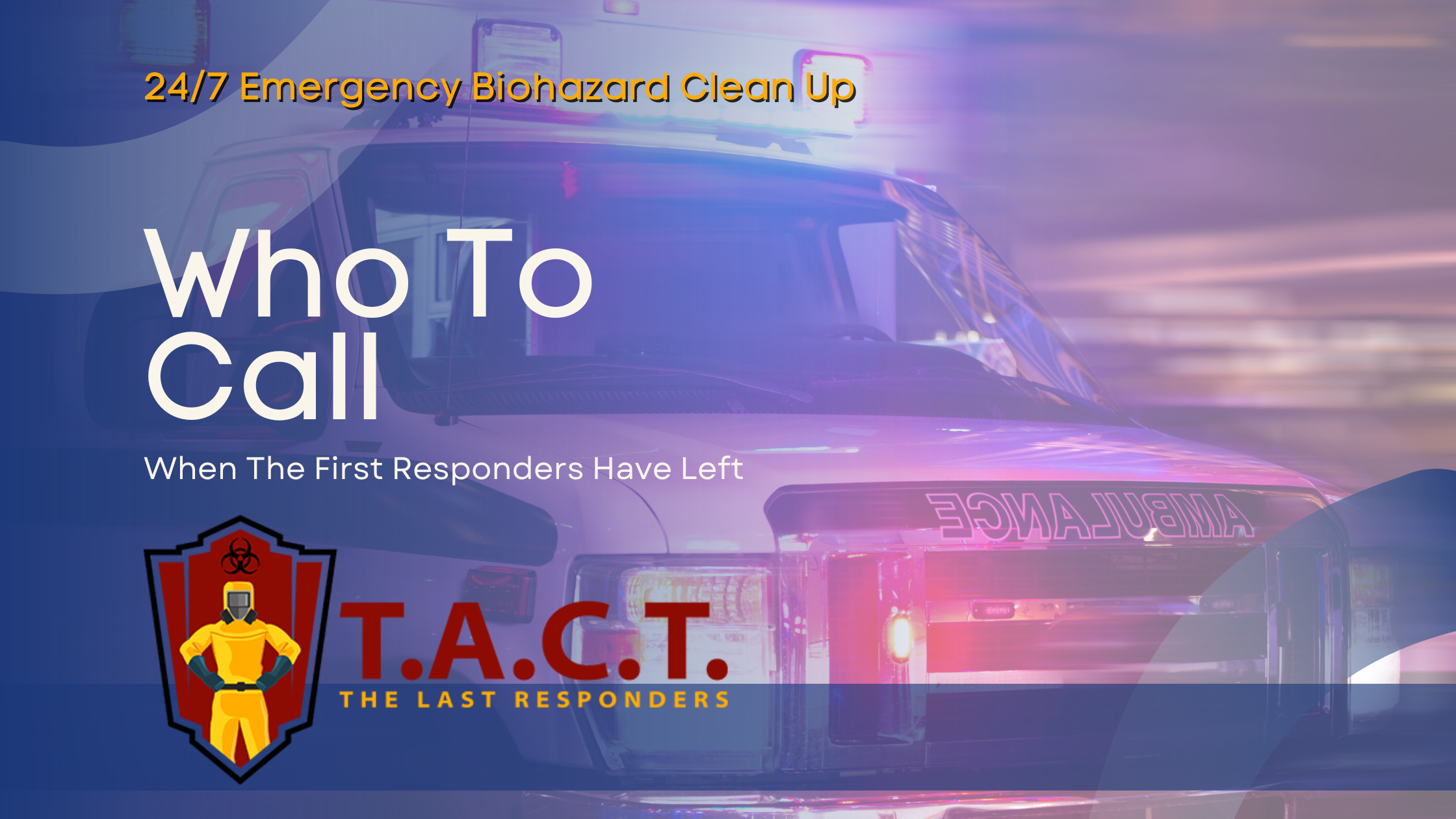
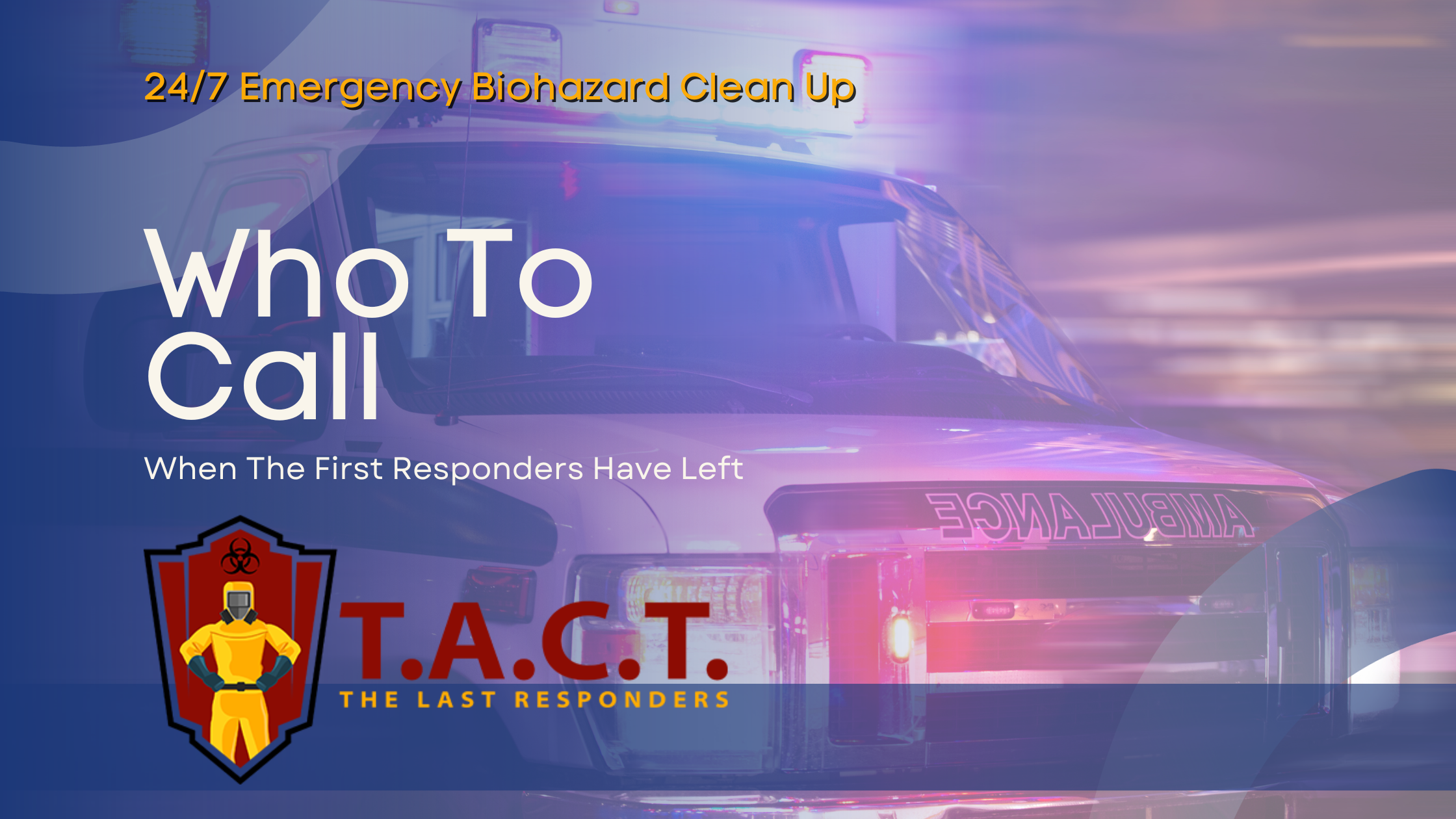
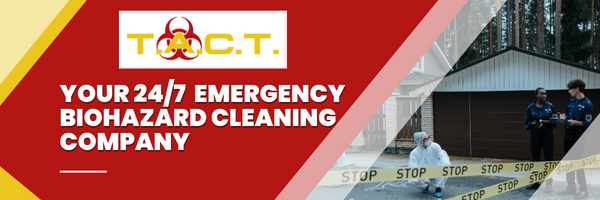

How to Start a Career in Crime Scene Cleaning
